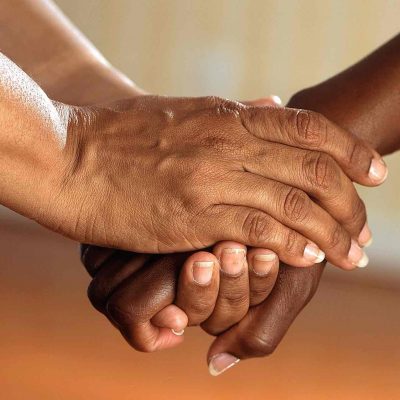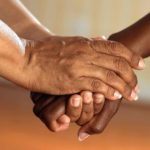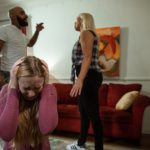
Breaking the Mental Health Stigma Barriers in Black Communities
Every year, 1 in 5 adults struggle with a mental health issue in the United States. This translates to about 64 million people or 20 percent of the total population. Nevertheless, millions of people are stigmatized, discriminated, and isolated by their families, friends, and even employers because of the widespread myths surrounding mental health. This can make it difficult for an individual struggling with a mental illness to heal.
WHY DO AFRICAN AMERICANS SUFFER MORE FROM MENTAL HEALTH?
According to statistics, African Americans are particularly at risk for developing major depressive disorder (MDD). Due to cultural tendencies, most African Americans associate mental illness with weakness and fragility. The fear of being stigmatized by society has prevented many from seeking mental health help.
Furthermore, there is still an active belief of “the strong Black man” and “the strong Black woman,” who is supposed to be strong, present and capable for everyone in his/her family, neglecting his/her own needs. Black people have been conditioned to appear as though they are not hurting. Without support from the community, or at least family and friends, how does a person heal?
Some white people will freely reference “seeing a therapist” in normal conversation. Black people, on the other hand, won’t mention that. In the Black community, seeing a therapist is generally seen as a sign of weakness or a lack of faith. Some Black people feel that prayer is the only form of counseling and treatment required to take care of whatever trials and tribulations are happening.
DEMYSTIFYING DEPRESSION
Depression is most likely caused by a combination of biologic, environmental, and genetic factors. Studies have shown that close relatives of patients diagnosed with clinical depression are two to six times more likely to develop this mental health disorder than people without a family history of depression.
It is crucial to understand that underestimating the impact of mental health disorders and seeking support from non-medical sources such as friends, church and family can lead to serious complications, including an increased risk for suicide. More than 85% of African Americans describe themselves as religious and believe that prayers are the best way to deal with depression.
Untreated depression also affects physical health because it is a major risk factor for heart disease and obesity. Securing the specialized services provided by a licensed and experienced mental health professional can help African Americans suffering from depression benefit from an accurate diagnosis and proper treatment.
The starting point for reducing stigma is education. In addition to treatment, participation in a patient support group can be very helpful during the recovery process. Support group members share their experiences with the illness, learn coping skills, and exchange information on community providers. Supporting people to talk to about their mental health problems may mean they are more likely to seek help.
CONCLUSION
Mental health is about finding a balance between dealing with the difficulties in life and using the opportunities life presents for further development. Good mental health is essential for creating good things in life and is the vehicle that helps us work toward our hopes, dreams and aspirations. Mental health is far more than the absence of mental illness and has to do with many aspects of our lives. More work needs to be done to make it easier for the Black community to feel comfortable seeking mental health treatment, and the Queen Shirley Foundation (QSF) is doing this work. Learn more about QSF.
Latest Blogs
-
Help for Teen Suicide
12 May, 2022 -
How Art Benefits Mental Health
09 March, 2022 -
How Does Divorce Affect Mental Health?
12 May, 2022






